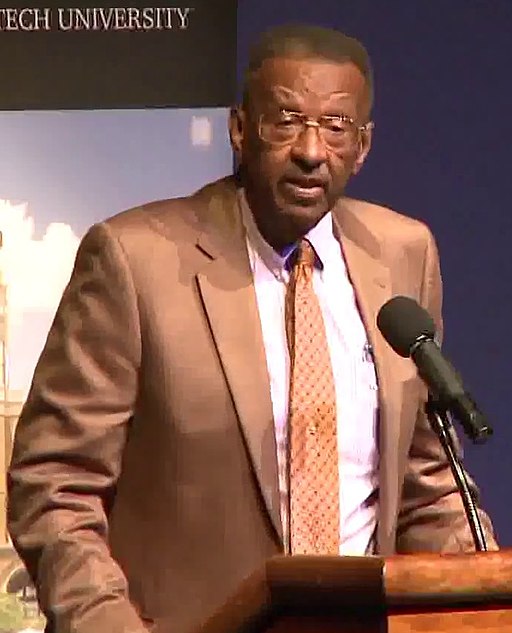Liberty Matters
Response
 The Liberty Fund graciously commissioned five essays on the life and work of Professor Walter Williams. Certain themes about the man ring through all of them. Provocative. Prolific. Precise. All the essays mentioned certain ideas. Freedom. Personal responsibility. Markets. All the essays quoted Williams, some liberally. Part of that is due to our desire to convey his thoughts faithfully. But part is that we could not say it better than Williams himself had said it.
The Liberty Fund graciously commissioned five essays on the life and work of Professor Walter Williams. Certain themes about the man ring through all of them. Provocative. Prolific. Precise. All the essays mentioned certain ideas. Freedom. Personal responsibility. Markets. All the essays quoted Williams, some liberally. Part of that is due to our desire to convey his thoughts faithfully. But part is that we could not say it better than Williams himself had said it.Were Walter Williams to read these five essays, what would he choose as the single most important sentence? Here is my guess as to his answer: In his essay, Professor John Butler wrote, “It is the movement of ideas through time and space which is important.” Williams moved ideas through time and space. This is the essence of communication, a common process we have all experienced.
Common, yes, and a simple concept, but effective communication -- moving ideas through time and space -- is difficult. This is especially true for an abstract social science like economics. Williams’ writings often treated economics as if it were simple common sense. To most readers of these five essays, much of it is indeed simple common sense. But economics cannot possibly be simple. If it were, then we would observe a different world. Yes, economics was easy for Williams, and it is easy for most people reading this article. But it's not easy for most people. People (fortunately) have different skills. I can't match colors or learn foreign languages, but I have friends who are wonderful artists and others who speak seven languages. Williams’ challenge was to lead people with different skills through a thought process that was difficult, even alien, to their experiences and worldviews.
Williams did his best, dedicating his career to revealing economic reality to people with little or no formal training in economics. Was he successful? Suppose we could ask Professor Williams what we should think about his ideas. How would he respond? No one knows for sure, but I will hazard a guess. I suspect he would say, “Don’t ask me what I think. Think about it for yourself.” And how would he want us to respond? Again, I will hazard a guess. He would want us to say, “Thanks to your work, Professor Williams, I am better equipped to think about this for myself.”
Copyright and Fair Use Statement
“Liberty Matters” is the copyright of Liberty Fund, Inc. This material is put on line to further the educational goals of Liberty Fund, Inc. These essays and responses may be quoted and otherwise used under “fair use” provisions for educational and academic purposes. To reprint these essays in course booklets requires the prior permission of Liberty Fund, Inc. Please contact oll@libertyfund.org if you have any questions.